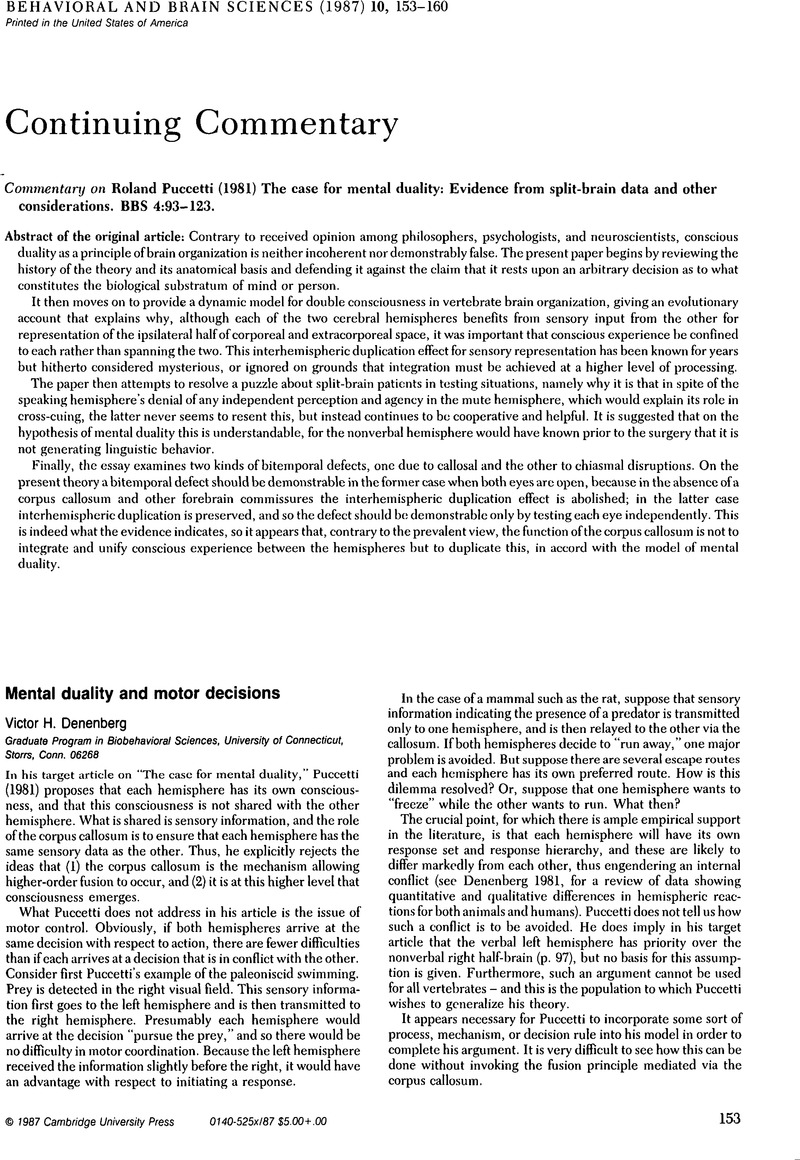Crossref Citations
This article has been cited by the following publications. This list is generated based on data provided by Crossref.
Semenov, L.V.
and
Bures, J.
1989.
Vestibular stimulation disrupts acquisition of place navigation in the Morris water tank task.
Behavioral and Neural Biology,
Vol. 51,
Issue. 3,
p.
346.



